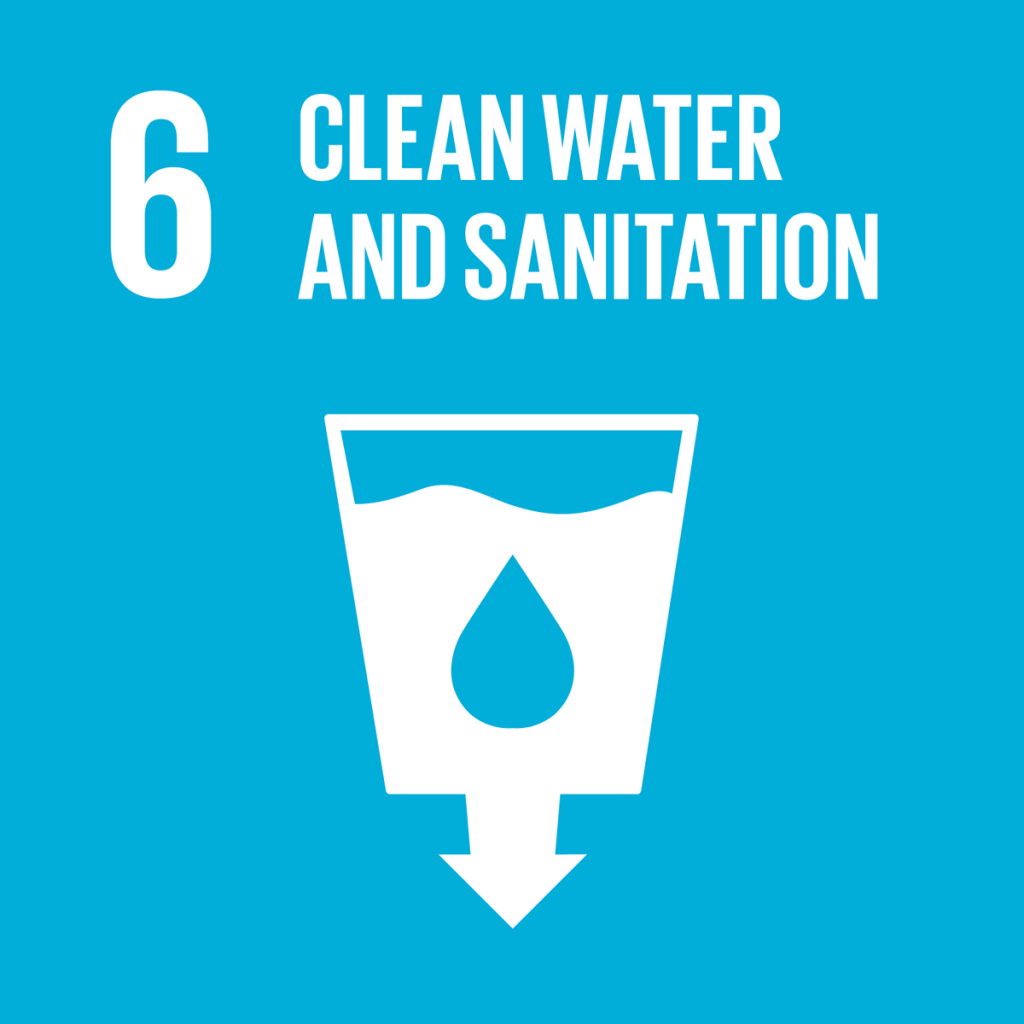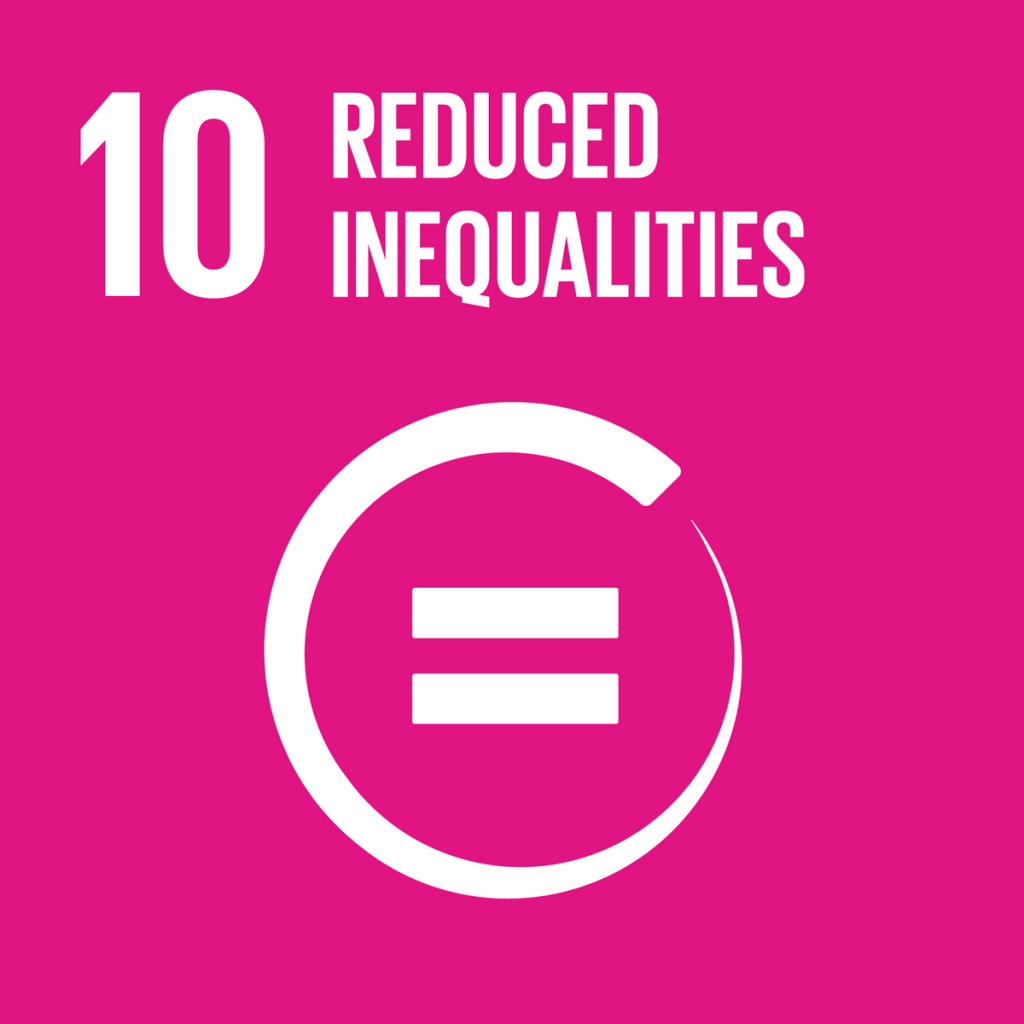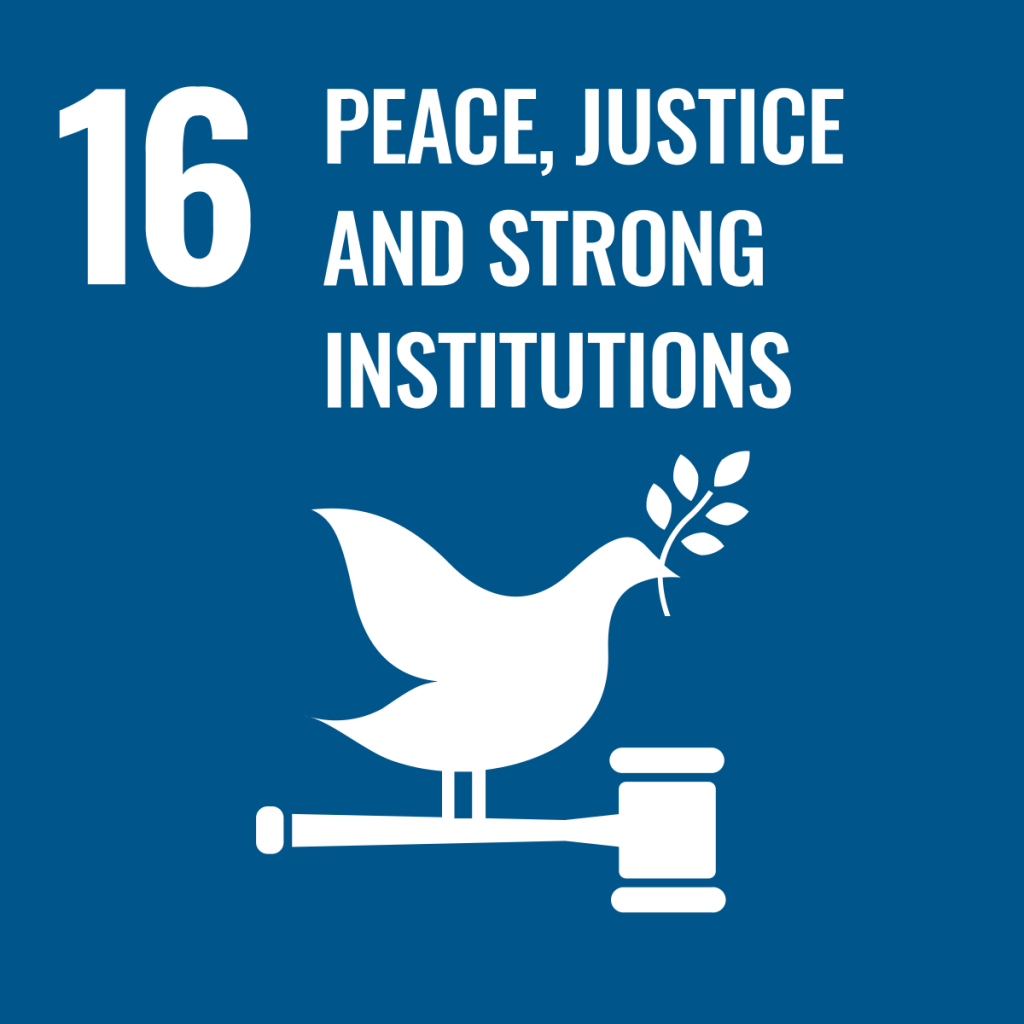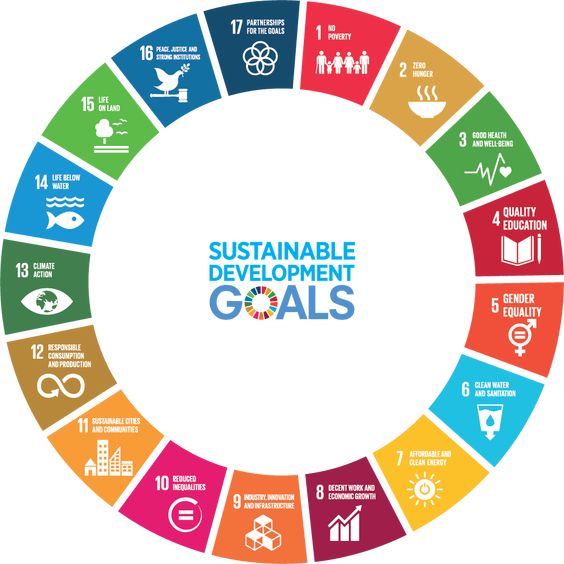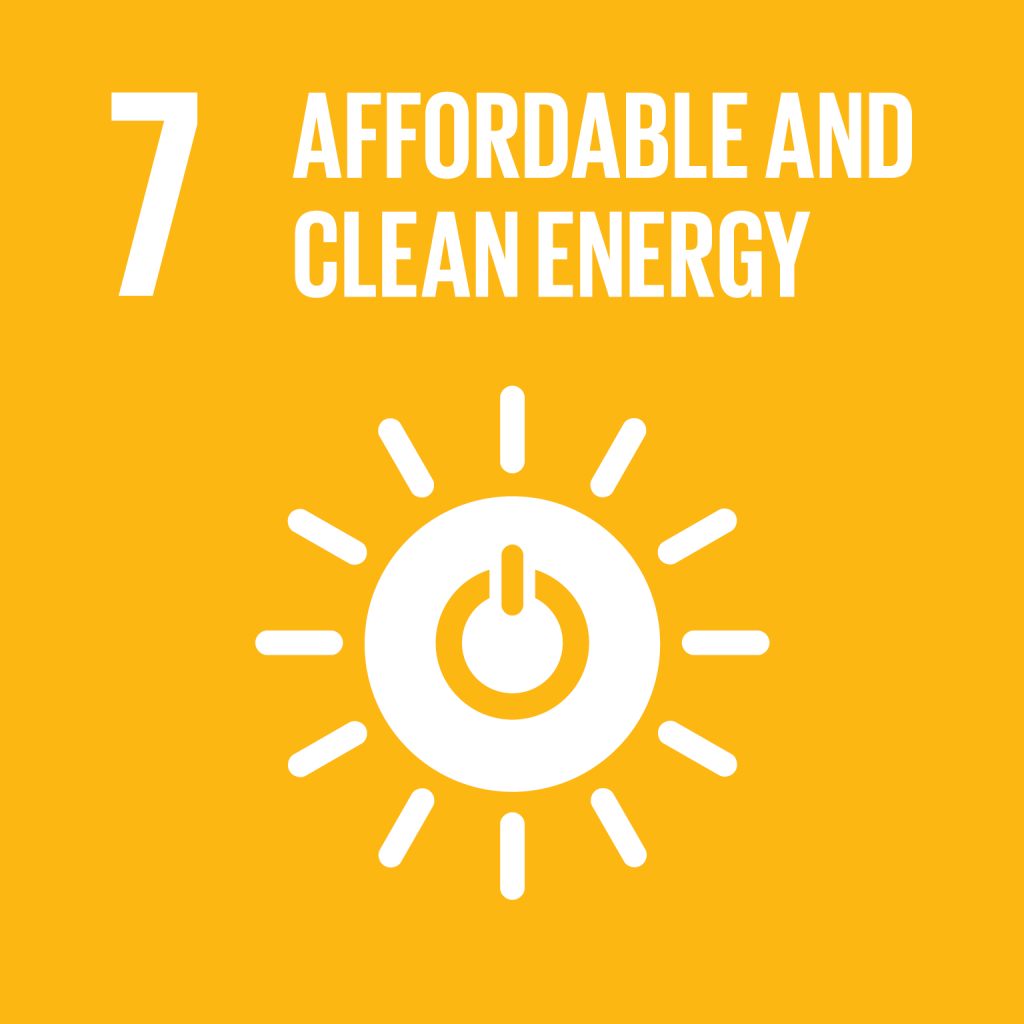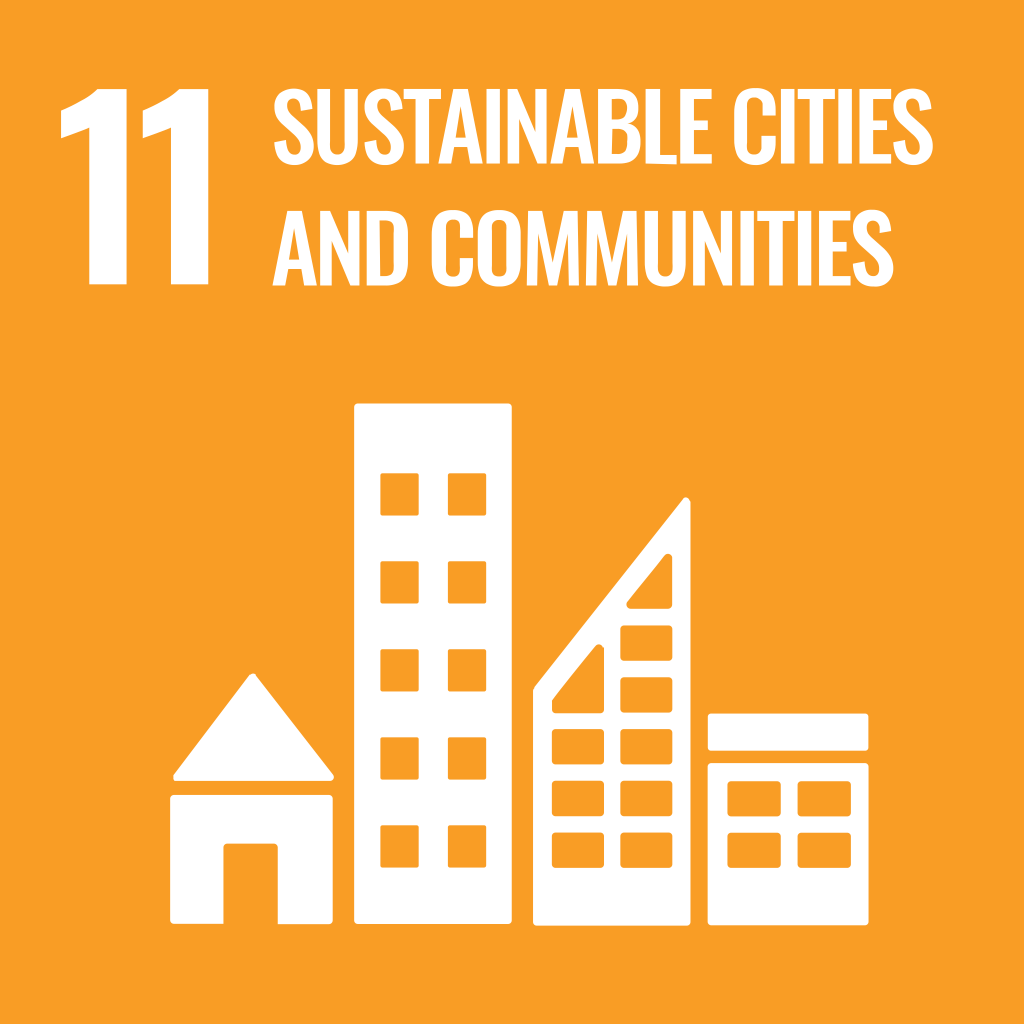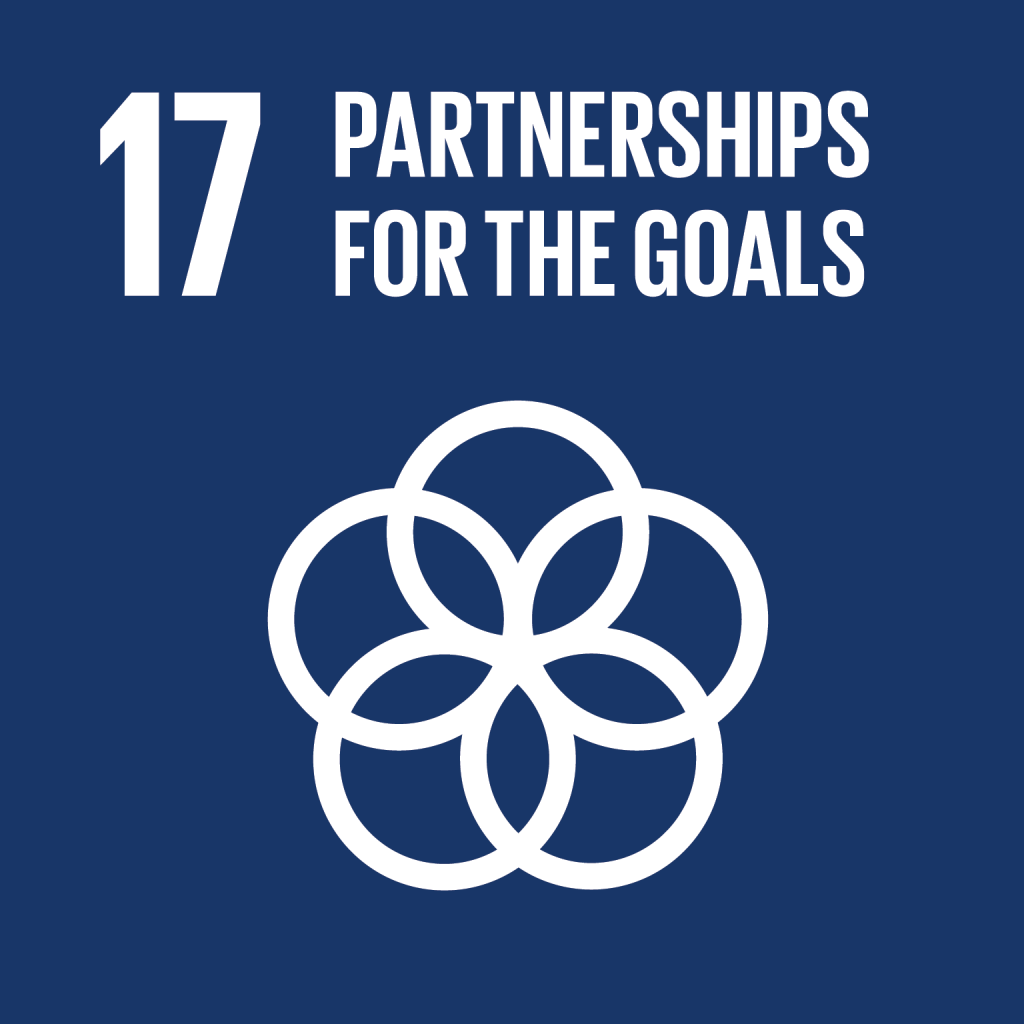Gender Equality (SDG 5)
- As a reputable academic institution, NUST does not discriminate on the basis of gender in any way; all students, faculty, and staff have equal access to the university’s classrooms, laboratories, and common areas. All genders are treated equally as competition for competence is the guiding philosophy. NUST welcomes students, faculty, and staff of all backgrounds and skill sets, rewarding excellence in both the classroom and the workplace and awarding financial support to deserving students and faculty members alike on the basis of their demonstrated ability and commitment to advancing knowledge. In this regard, there is no inequality between the sexes; everyone has the same freedoms and responsibilities.
- The Ministry of Higher Education in Iraq and the NUST have clear laws and instructions in this regard, and they admit men and women to universities and colleges without any discrimination or favoritism based on gender. In fact, there may be occasions where there are more women than men enrolled at a certain university. In recent years, due to high accumulative averages, there has been no discrimination based on gender when applying for individual seats.
- Mothers and fathers in Iraq enjoy equal protections under the law because to the country’s Civil Service Law. There are nurseries, kindergartens, and various service and health facilities to support this vital part, as well as a year of paid leave for a woman who gives birth to serve. To ensure that all of Thi-Qar NUST’s female student mothers have an equal opportunity to learn, the university has created a unique program that allows them to do so while also granting them some flexibility to care for their children. During regular working hours, the university provides a child care facility staffed by highly qualified individuals who do not receive any compensation for their services. Instead, it is the university itself that is responsible for paying its employees. More than 20% of women are involved in virtually all campus activities, and the university has big intentions to improve this crucial statistic.
- Women make up a sizable percentage of the teaching staff, student body, and staff at the NUST, and they hold key positions on all relevant committees, including ministerial and examination boards. Many seminars and workshops focused on this topic, and the university even has a department called the Women’s Empowerment Unit that reports directly to Mr. President. Since the institution does not discriminate on the basis of gender in terms of appointment, teaching, participation, or remuneration, we can say that NUST has an open policy in this crucial area. There is no opposition to women accepting any potential function inside the university, and in fact, many women within the university occupy the leadership role periodically. Depending on their level of education and experience, they may be promoted to the position of university president or dean of a particular college.
- NUST has a well-defined policy on this front, as it encourages and facilitates the employment of students (including those working for the institution) outside of traditional class times. Workshops and seminars, as well as career possibilities, have been widely made available to students at the university, particularly those from low-income backgrounds.
- NUST monitors this vital statistic as it relates to the graduation rates of both male and female students across all of its colleges. The school is concerned about maintaining a somewhat even ratio of male to female students. It has been observed that a larger proportion of women than men graduate from NUST, somewhere in the neighborhood of 40%.


